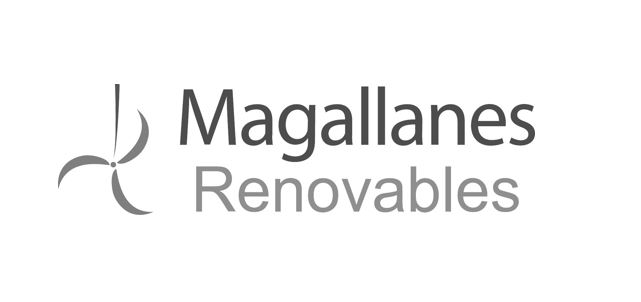Sustainable Energy Meets Sustainable Fisheries Management
 A unique project in Orkney between the nascent wave energy industry and the local inshore fishing community aims to demonstrate not only that the two industries can co-exist in harmony – but that there can be mutual benefits.
A unique project in Orkney between the nascent wave energy industry and the local inshore fishing community aims to demonstrate not only that the two industries can co-exist in harmony – but that there can be mutual benefits.
EMEC, the European Marine Energy Centre (EMEC), has a grid-connected test site at Billia Croo in Orkney where developers can pilot test wave energy devices and feed any electricity they generate into the UK grid. EMEC also has a similar site in the North Isles of Orkney for testing tidal energy devices.
Both test sites have already seen various devices on test, with more planned for deployment later this year and beyond.
The project at Billia Croo will address the possible effects of marine energy developments on crustacea and their fisheries, and will investigate the effects of a no-take zone established around the wave energy site. Working together with Orkney Sustainable Fisheries Ltd, EMEC will release hatchery reared juvenile lobsters into the area and the population will then be monitored by an annual catch and release programme.
Jennifer Norris, Research and Consents Manager at EMEC says “this is a very exciting project that has been funded by the Scottish Government with support from Marine Scotland Science for which we are very grateful. The production of electricity by clean and sustainable methods is crucial, and I firmly believe that there is a way forward for the marine energy and fisheries industries to coexist co-operatively. If this local project can contribute to our understanding of any effects, including positive ones, of these devices on fisheries, then we will be delighted to have played a part in establishing a co-operative way forward for the two industries.”
From the local fishing industry point of view the project is regarded as highly important. Fisheries Manager Stewart Crichton says, “the Scottish Government has made a major commitment to marine renewable energy and it is great that Orkney is at the centre of this. We also have a thriving and long established inshore fisheries sector with two of the UK’s foremost brown crab processing factories in Stromness and Westray. Marine energy devices will undoubtedly have an impact on inshore fisheries, and will in some areas restrict the ability of fishermen to work historic grounds. We hope that this project will demonstrate that the industries can work together. By taking a pro-active role with regard to sustainable fisheries management and practices, (in this case by making a commitment and financial contribution to research and restocking), marine energy developers can work in co-operation with traditional marine users.”
Environment Secretary Richard Lochhead said “this project, aided by £67,000 of Scottish Government funding, will add to our knowledge of the interactions between marine renewables and fisheries. It also has the potential to identify win-win opportunities for both sectors that will contribute to sustainable growth for Scotland.”
Pictured above are: Back row, from left –Jenny Norris (EMEC), Craig Burton (Seafish), Matthew Finn (EMEC); front row, from left – Dawson Shearer and Sarah Lamb (Orkney Sustainable Fisheries), Alan Coghill (Orkney Fisheries Association) and Mike Bell (Research Fellow, ICIT).



